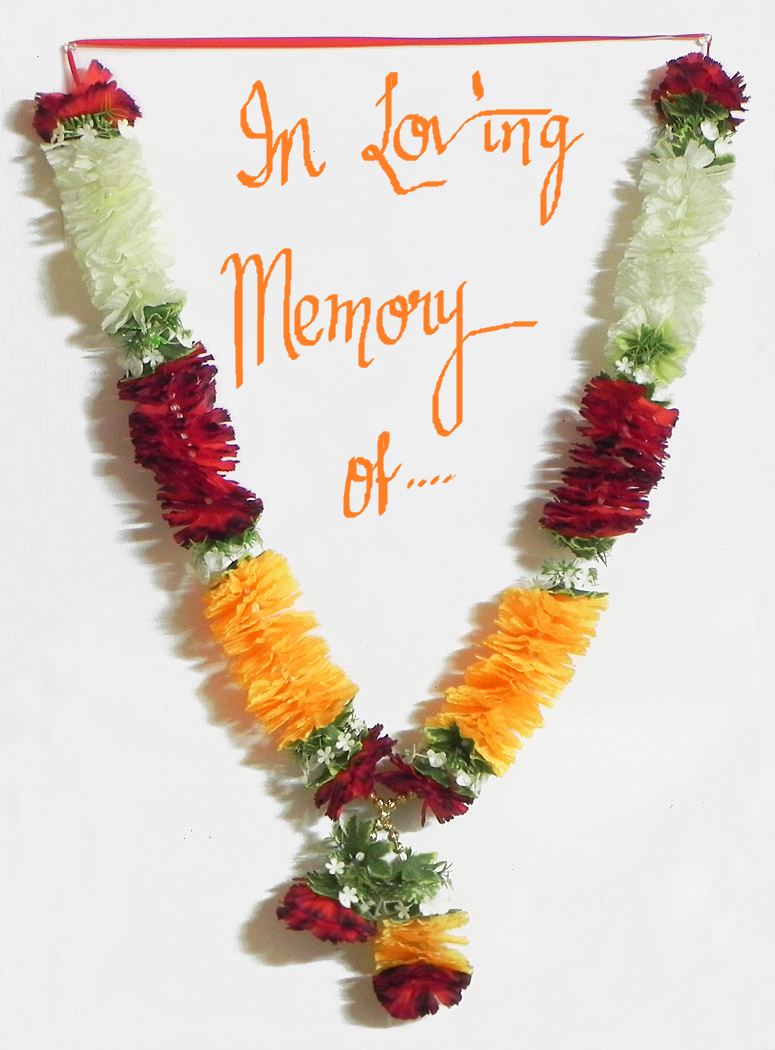 Everyone should, I am told, write his or her obituary once in a while. The bio-data or CV is aimed to impress, to show off, for a benefit. Given that one is not there to benefit after death, the obituary has no such goal. It is a stock-taking of achievements and failings, an assessment of success or failure in achieving socially accepted life goals.
Everyone should, I am told, write his or her obituary once in a while. The bio-data or CV is aimed to impress, to show off, for a benefit. Given that one is not there to benefit after death, the obituary has no such goal. It is a stock-taking of achievements and failings, an assessment of success or failure in achieving socially accepted life goals.
And such an assessment is all the more important when one sets a theme on one’s blog, as I did years ago, which says, quoting Gerard Way: ‘One day your life will flash in front of your eyes. Make sure it is worth watching’. It is believed this happens at the moment of final departure, when it is too late to make amends.
Asked what I would like to be remembered as after death, I had always said I would not like to be remembered at all. It was not because of any false modesty or pretense. Many great people have been forgotten. Even a man of such eminence as Newton thought he was just a particle of sand on a beach.
The question of being remembered after death does not arise for those who are forgotten long before that inevitable event. As a mere foot-soldier of my profession, writing it when still able to write, however badly, is essential for me as no one else would do it later. Generals win wars. Soldiers only obey — and die.
However, I did have an obit written not by one but three friends. Just out of sheer kindness an eminent journalist and editor who was once my junior, published a review of my book in his magazine – long after I dumped it as trash no journalist would read. (As many would agree, reading a book is not necessary to review it.)
And he shared the review on Facebook, the world where, instead of the Earth, most of his generation live. The review was of no use in promoting the book, but three of his friends (who did not read the book) commented on the review, not knowing that jointly, the comments would read like an obit.
It was an eye opener. All that they remembered was a man who talked too much and edited a magazine financed by a shady character. It did not matter that the “conversations” came from being too long in the profession, having started at the age of 17 and having worked in several States.That the weekly’s publisher was a false-front for a shady financier and hid the fact did not matter, as also the fact that the magazine did not even figure in the 14 jobs I changed. All the rest were forgotten.
It was sheer naivete not to realize that no one wants to know or listen. Too many memories and too much experience do not mean you know anything. Google tells them all they want to know.
Google will direct you to thousands of links to obituaries. Website ‘Notey’ will provide you ‘Your Daily Dose of Obituaries’. Many Western newspapers blog their obit column separately. Had they read the book the friends would have found out about a Gujarati newspaper which carried pages of classified obits. When you are in seventies the first thing you see in a newspaper may be the obituaries column.
Writing self obituaries, one of the websites says, is a standard exercise in many literature and communication courses. Every newspaper has, or was supposed to have in the days before the Internet, a “morgue” of periodically updated obits of all eminent persons. In the race for being the first the media today cannot wait for an event – it has to anticipate and be ready. Now you can download from the world wide web.
When Jawaharlal Nehru died the Press Trust of India did not have an obit ready and had to send two taxis to the Karolbagh residence of K. Ishwar Dutt to have the obit he wrote ferried para by para to its office near Parliament . (Sorry, old stories again — who cares?)
These are the days of capsuled news. Of the many things you did, only one or two will be remembered, if at all. So, before the occasion for writing the obit arises, decide on what that would be.
It may change the course of your life.

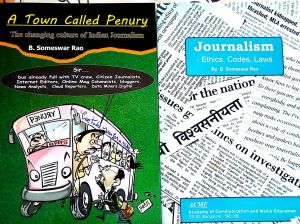
 WHEN I INCLUDED A WHOLE CHAPTER ON CARTOONISTS IN MY BOOK ON Journalism ‘A TOWN CALLED PENURY – the Changing Culture of Indian Journalism’, I did not even mention Mangesh Tendulkar, the cartoonist who died a few days ago.
WHEN I INCLUDED A WHOLE CHAPTER ON CARTOONISTS IN MY BOOK ON Journalism ‘A TOWN CALLED PENURY – the Changing Culture of Indian Journalism’, I did not even mention Mangesh Tendulkar, the cartoonist who died a few days ago.
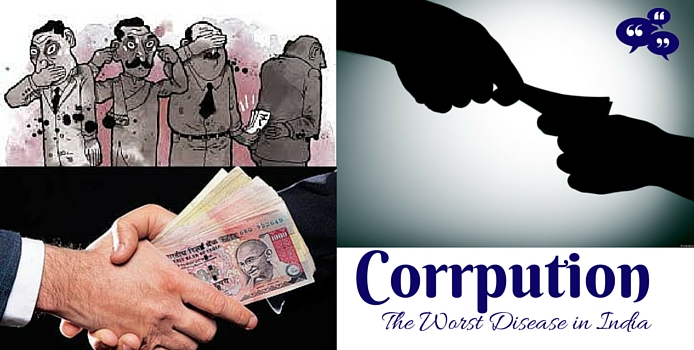



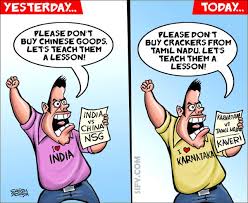

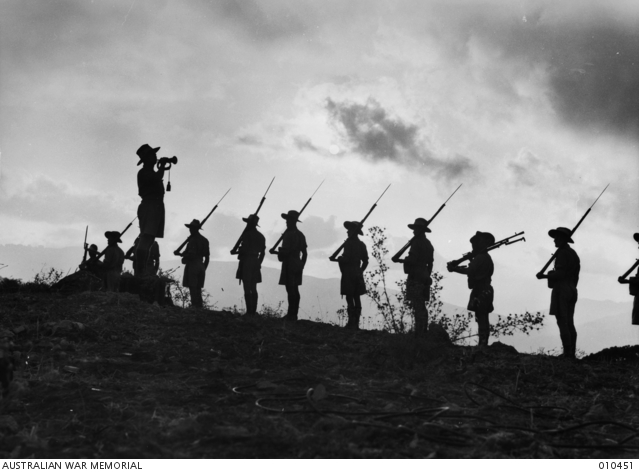

 Everyone should, I am told, write his or her obituary once in a while. The bio-data or CV is aimed to impress, to show off, for a benefit. Given that one is not there to benefit after death, the obituary has no such goal. It is a stock-taking of achievements and failings, an assessment of success or failure in achieving socially accepted life goals.
Everyone should, I am told, write his or her obituary once in a while. The bio-data or CV is aimed to impress, to show off, for a benefit. Given that one is not there to benefit after death, the obituary has no such goal. It is a stock-taking of achievements and failings, an assessment of success or failure in achieving socially accepted life goals.